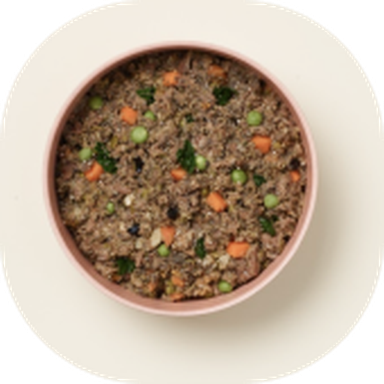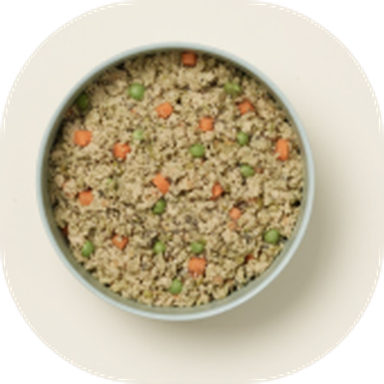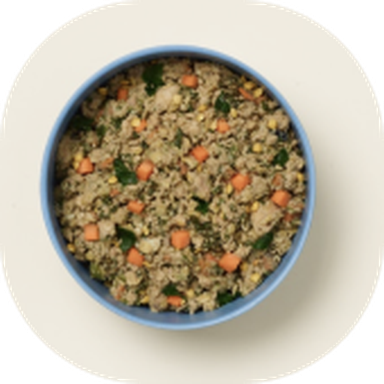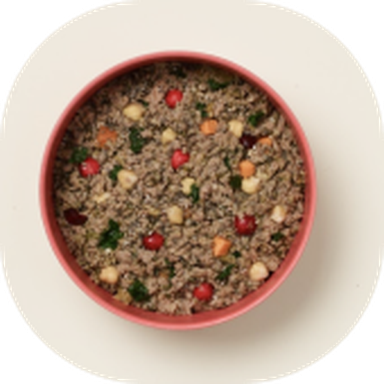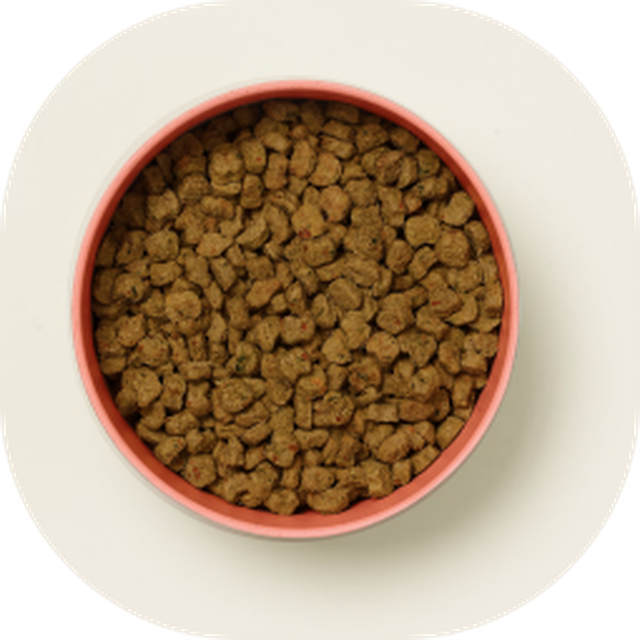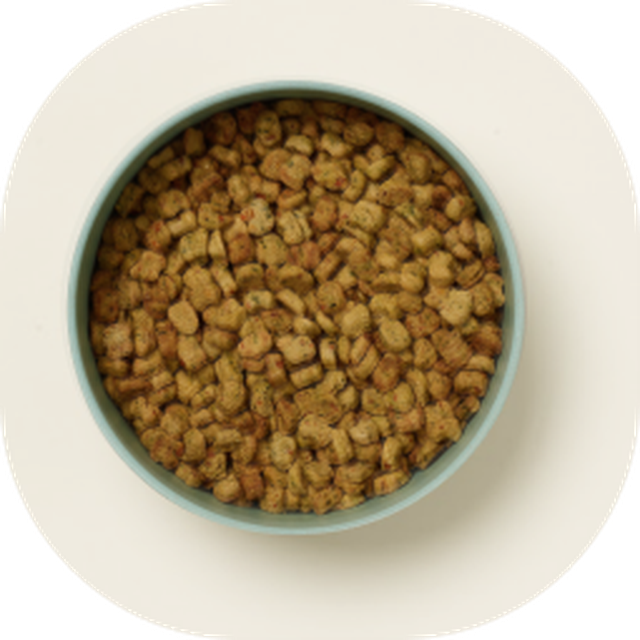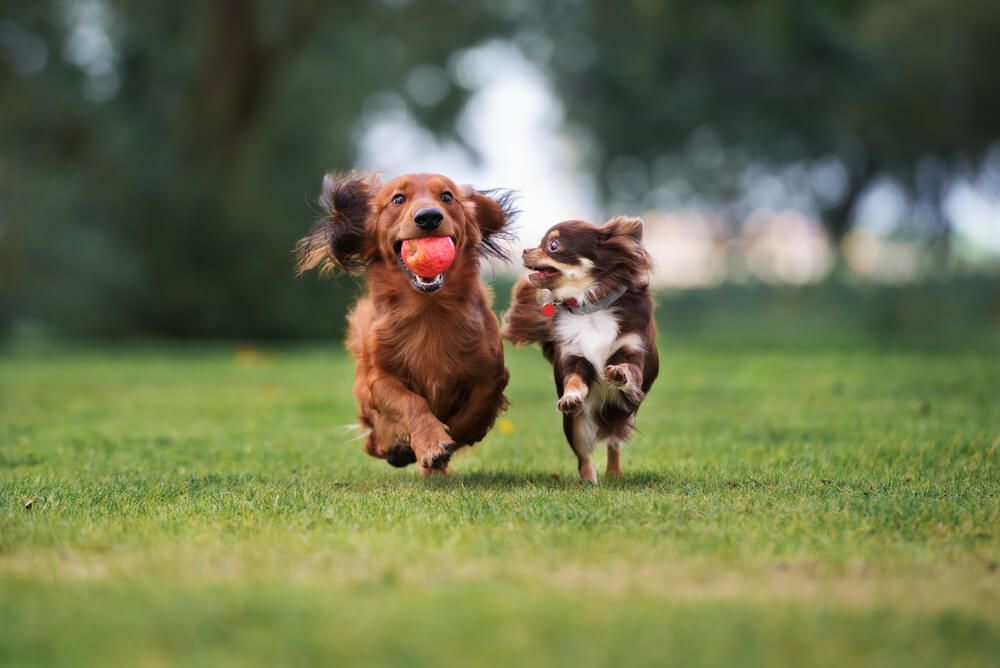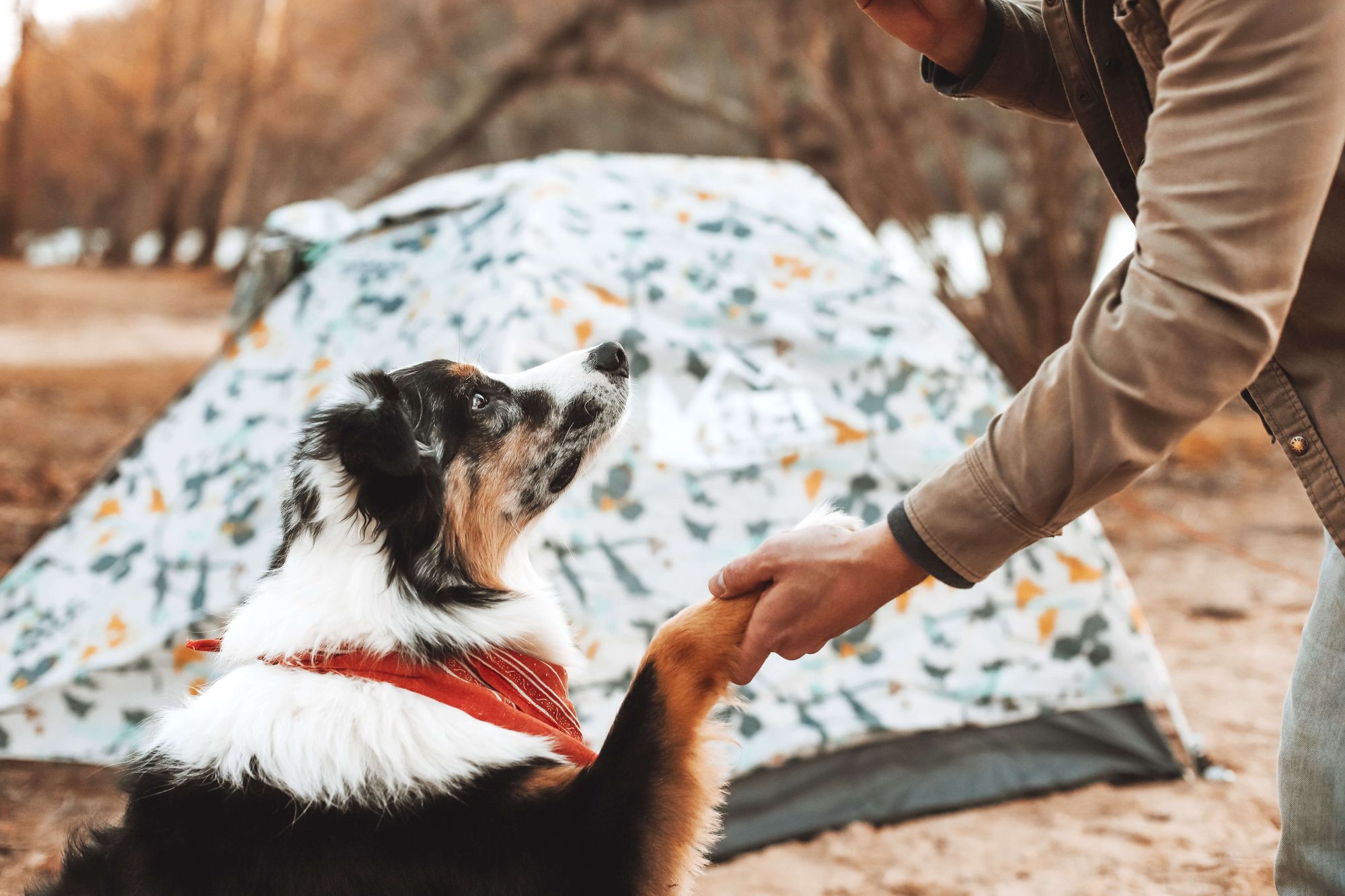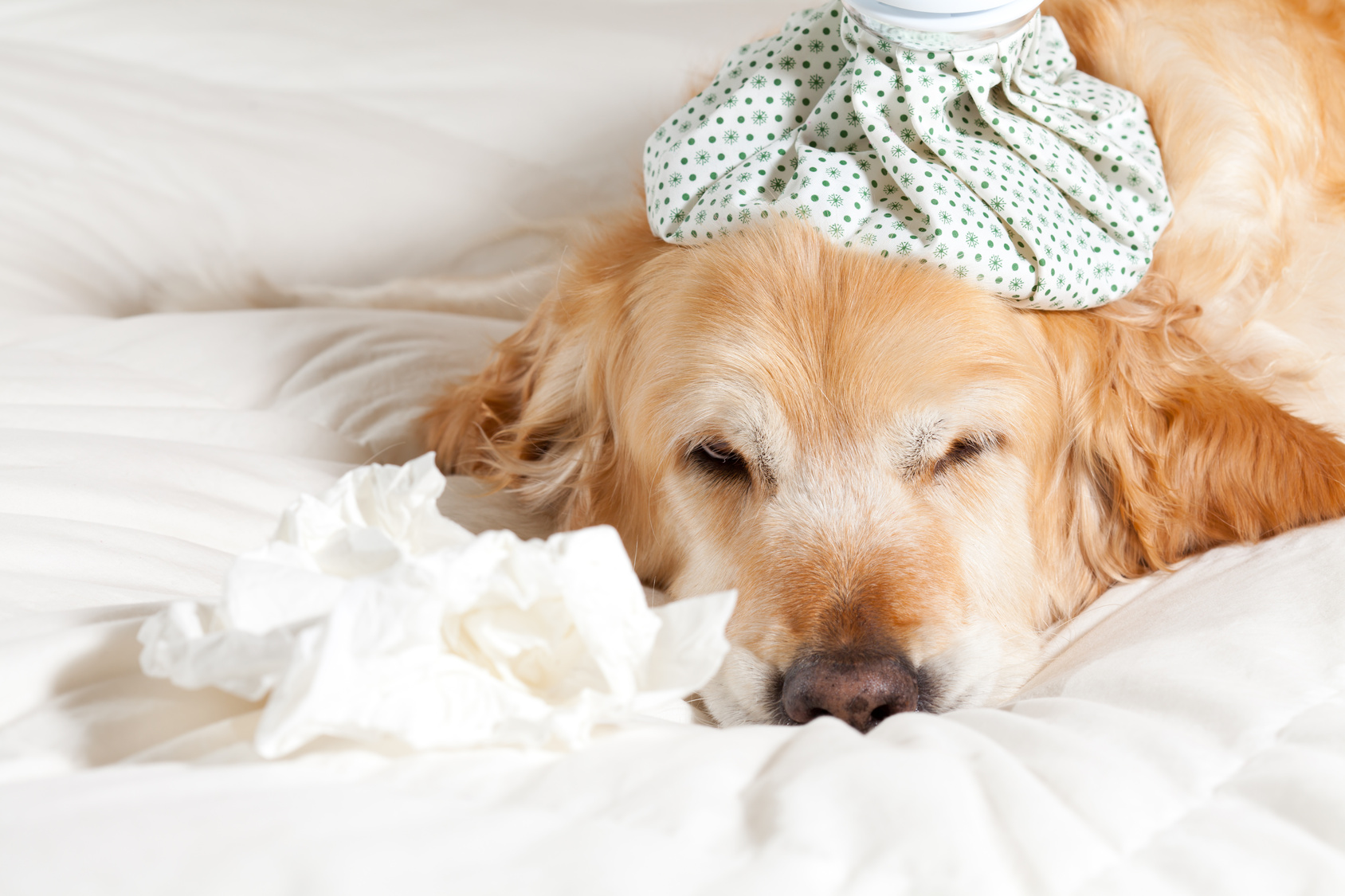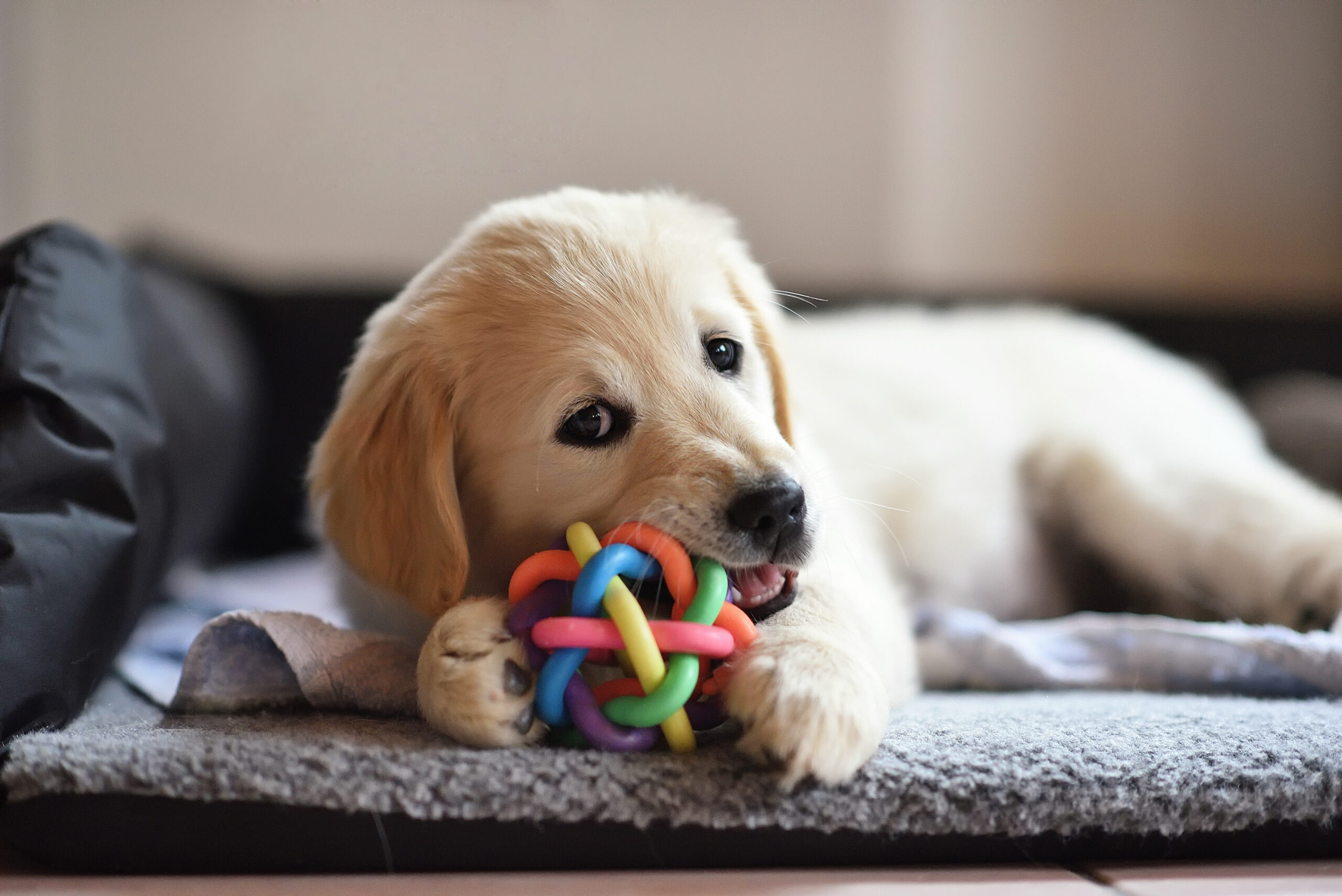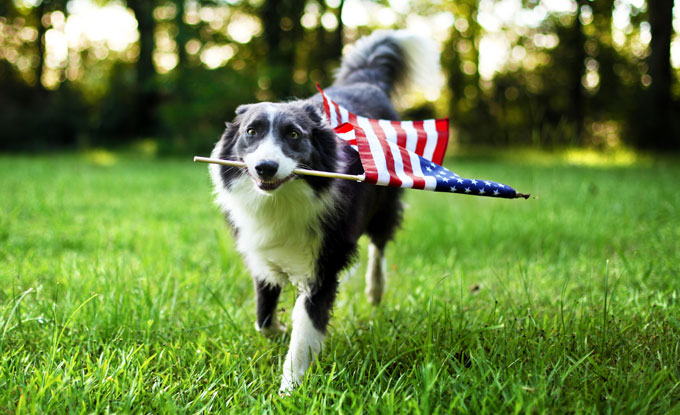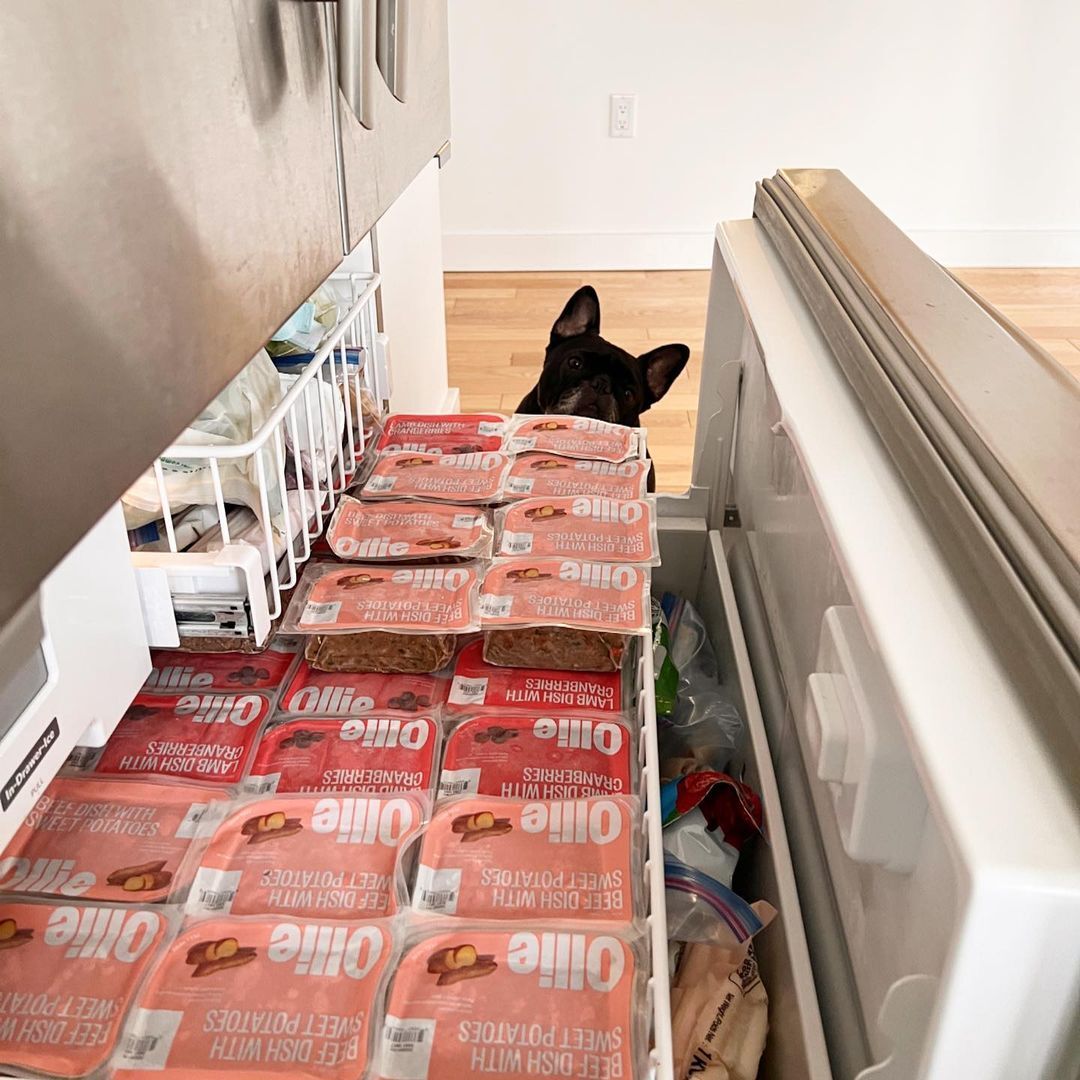Hey Ollie blog readers! We’re offering you an exclusive 60% OFF your starter box! Try now!
If you’ve ever owned (or know) a small breed dog, you may have seen some expressions of what is affectionately known as small dog syndrome. Never fear, small dog syndrome isn’t a disease, it’s really a group of behaviors that develop when a small dog isn’t treated, well, like a dog!
Some of these behaviors start because owners don’t train smaller dogs the way they would if the dog was larger. Think about it, teaching a Cane Corso not to jump on people or pull on the leash feels more important than teaching a teacup poodle.
Poor social skills
Have you ever seen a small dog like a Chihuahua or teacup poodle rush into the face of a larger dog, barking its head off? These inappropriate greetings may come from a lack of proper socialization or because the smaller pup is scared of the larger pup. Attending puppy classes or scheduling playdates for dogs under 6 months can help alleviate this behavior. If it persists, work with a trainer you trust to help your small pup learn to socialize more appropriately.
Aggression
Some small dogs become aggressive with people. This may manifest in not wanting to interact with humans, ignoring behavior cues, or barking, lunging, or growling. Like learning to socialize with dogs, learning to socialize with people is also a set of skills small dogs need to develop. This year, because of the impact of COVID-19 some smaller pups may have just not had the opportunity to meet many people outside of their immediate family. This means these pet parents will need to work on socializing with more types of people as that becomes possible. If this is you remember lots of patience, praise and tasty treats.
Barking
While the bark may be bigger than the bite, small dogs can have a reputation for being a bit… verbose. Barking may be triggered by many things including doorbells, people coming and going, other dogs, strange noises, and even the TV or a phone ringing. Trying to stop a small dog from excessively barking can be an exercise in patience. However, if you understand why your dog is barking in the first place (excitement, fear, hunger, boredom) you can manage it better.
“Accidents” in the house
Ever hear the rumor, small dogs are harder to house train. While there could be a kernel of truth to it, many times it is because the owner wasn’t as consistent with the training as they should have been. A tiny spot of pee or poop from a 2-5 pound dog is not as shocking as what might come out of a saint bernard. Still, it is important to teach your smaller pup to go to the bathroom where you want them to. Whether its a pee pad or something similar or the great outdoors.
Disliking walking or bad manners on a leash
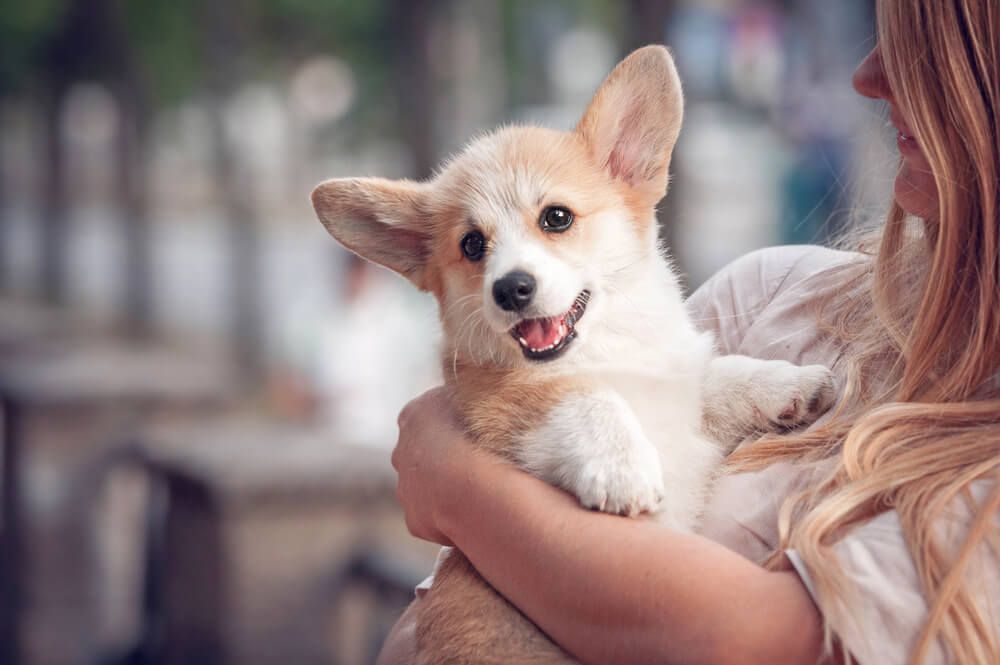
Very small dogs may develop a dislike for going on walks. If owners carry them everywhere, it doesn’t encourage a love or long walks or good leash manners. Another issue that can come from too much holding and not enough walking is obesity. If your small dog doesn’t get enough exercise, they can pack on the pounds – causing issues with mobility and other health conditions to develop.
To keep your small breed dog happy and healthy, it is important to provide consistent training, positive reinforcement and good socialization. At Ollie, we love to fuel little pup’s big adventures. Contact us today and tell us about your little pup – we’ll create the perfect meal plan so they have energy to learn, play, and enjoy being a dog!
The Ollie blog is devoted to helping pet parents lead healthier lives with their pups. If you want to learn more about our fresh, human-grade food, check out MyOllie.com.
Tagged As:

The nutrition your dog needs,
the food they want.

Enjoying our articles? Subscribe our Newsletters and get new articles directly to your inbox
You might also like
20 June 2024
9 MINS READ
Owner Guide: New Puppy Checklist
Welcoming a new puppy into your life and home is an exciting time filled with “firsts,” but this magical time also requires careful planning to ensure a positive transition for your pup. Prepa…
by Ollie Pets
22 June 2023
6 MINS READ
Why Are Dogs Scared of Fireworks? How to Help Your Dog Cope With Fireworks Anxiety
Fireworks may be summer’s soundtrack, but these loud and sudden noises signal terror for many noise-sensitive pups. Learn why dogs become so rattled by fireworks and how you can help your pup fee…
4 March 2023
2 MINS READ
Tips for Organizing Your Ollie
Keep your pup’s mealtime routine neat and tidy with these organizing tips and tricks from the Ollie pack.
by Ollie Pets
